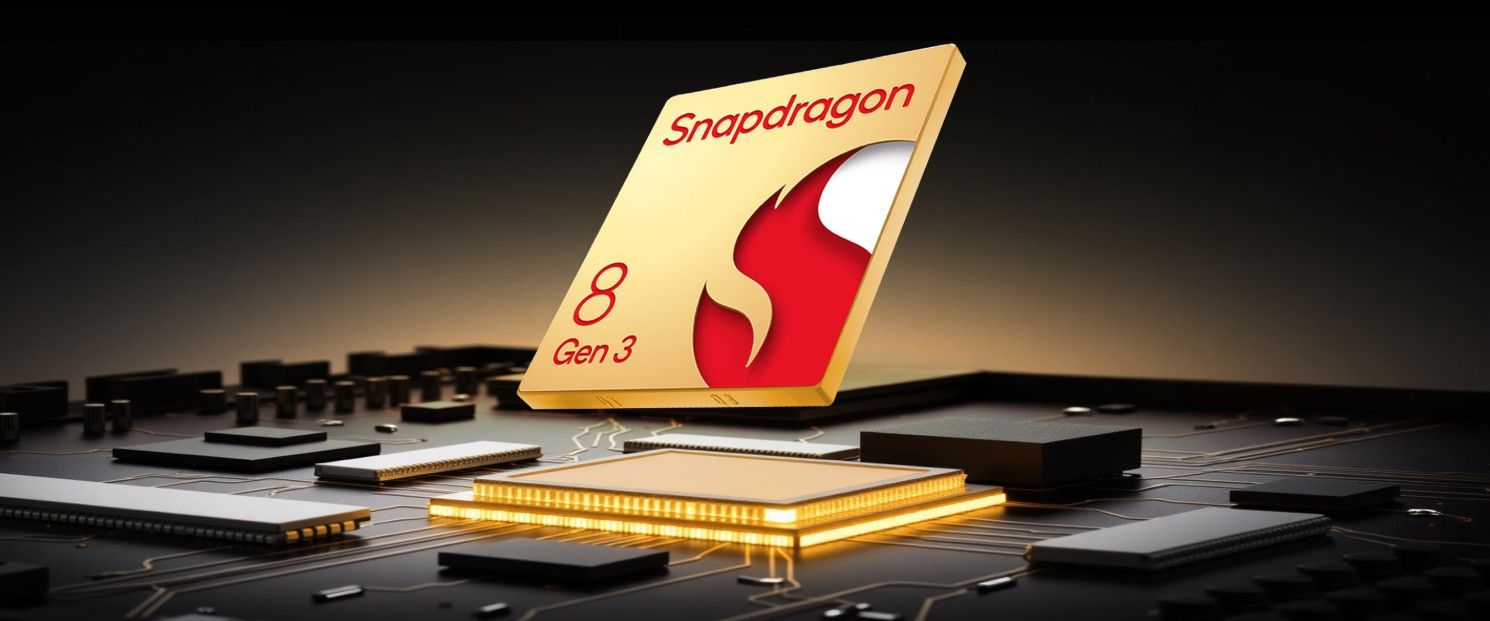Due to the many smartphone alternatives in 2025, choosing one may be difficult. Beginners must focus on what matters. Social media, video streaming, and texting should work on a good phone. Avoid garish ads and focus on what matters. This checklist helps you understand the basics and prevent common gadget-buying mistakes. Learn how to prioritize specs and spot marketing jargon. By following a few smart steps, you'll be able to confidently pick a phone like the HONOR 400 Pro without second-guessing.

What Should You Look for in a 2025 Smartphone?
Prioritize Performance: Processor, RAM, and Storage
The HONOR 400 Pro, for example, provides a well-balanced setup that includes a mid-to-high-tier chipset that handles apps and multitasking without lag. A minimum of 6GB of RAM is now the norm for dependable speed, and 8GB is ideal for gaming or productivity. Storage is also important—a minimum of 128GB is recommended if you take a lot of photos or install large apps. Many phones do not support microSD, so choose enough internal space from the start.
Display Essentials: Size, Type, and Refresh Rate
A good display should be simple on the eyes and respond to touch. Decide whether you like a smaller or larger screen—6.5 inches is ideal for many people. AMOLED screens provide vibrant colors and deep contrast, but IPS displays are still enough for casual usage. Don't forget the refresh rate; 90Hz or 120Hz helps scrolling feel smoother, especially if you browse or game frequently. Avoid phones that do not clearly state their display specifications, and if feasible, test the brightness in sunlight. Choose a display that meets your demands, not one that appears spectacular in advertisements.
Battery Life & Charging: All-Day Power or Not?
A 5000mAh battery typically lasts a full day, but heavy users should also look for efficiency and fast charging. Phones with at least 33W fast charging refill quickly, which is handy for busy schedules. Think about your daily routine: if you're out all day, a strong battery backup matters more than a slim design. Check real user reviews regarding screen-on time. Features like smart charging and battery health monitoring also help extend battery lifespan. It's important to make sure your chosen phone won't struggle to keep up with your usage before making a purchase.

Beginner Mistakes to Avoid When Buying a Smartphone
Falling for Gimmicks: What Marketing Won't Tell You
Many advertisements promote qualities that seem great but have little practical application. Ultra-high resolution cameras and superfluous AI technologies sometimes raise costs without increasing performance. Exaggerated claims and celebrity endorsements should not be taken as truth. Always question yourself: how frequently will I utilize this feature? Instead, pay attention to core performance, display quality, battery life, and software experience. If possible, test features, and be wary of jargon that fails to express advantages clearly. Smart purchasers go beneath the surface to verify that every dollar contributes to genuine value rather than marketing hype.
Ignoring Software Support and Updates
A smartphone requires more than just hardware; it must also have consistent software upgrades. Frequent updates enhance security, address issues, and include new features. Check the brand's track record: do they offer regular patches? Some phones appear strong at launch but soon degrade without upgrades. A smartphone with out-of-date software may be unable to run newer apps or adequately safeguard your data. Make sure your selected model has clear support policies and a track record of updates. Long-term software support keeps your phone useful and safe for years, so don't underestimate this important consideration.
Not Checking Real-World Reviews and Ratings
Specifications only give a portion of the story. Real-world evaluations highlight how a phone works in regular usages, such as if it overheats, quickly consumes the battery or slows after a few months. Look for customer input on forums, video reviews, and retail websites. Pay attention to prevalent concerns rather than simply the average rating. A phone with excellent specifications but poor dependability is not worth the money. Always evaluate assertions against real user experience. This phase helps you prevent regret by ensuring that your new equipment meets your expectations and needs.
Conclusion
Purchasing your first smartphone does not have to be complex. Focus on crucial criteria like performance, display quality, and battery life. Avoid showy additions that raise money without providing significant value. Check for dependable software support, and don't neglect reviews—they provide honest feedback. With so many phones available, your objective is to pick one that performs well for your everyday needs and is dependable over time. Using this criteria as a guide, you may confidently purchase a smartphone such as the HONOR 400 Pro. Doing a little research now will save you time, trouble, and money later.











